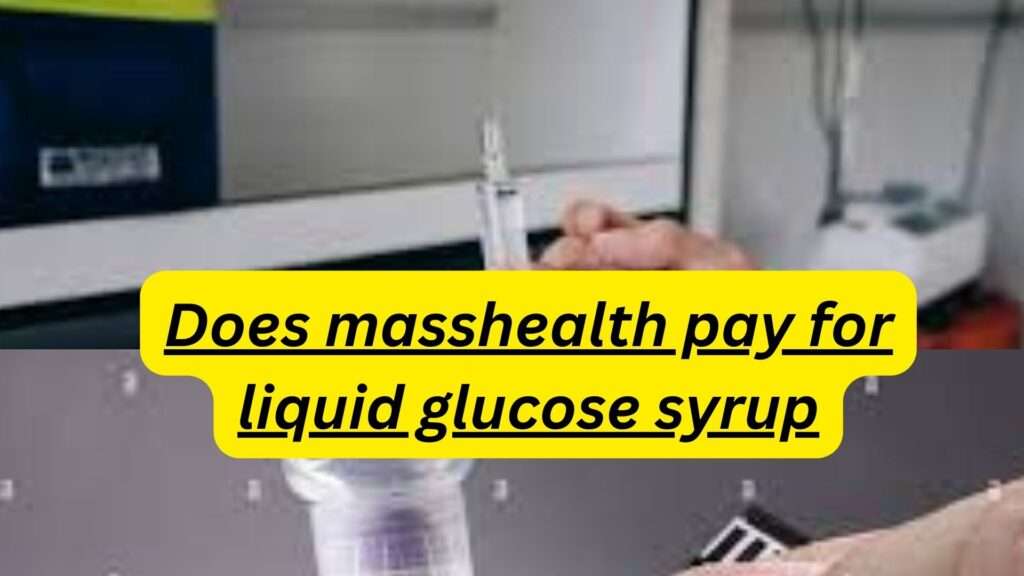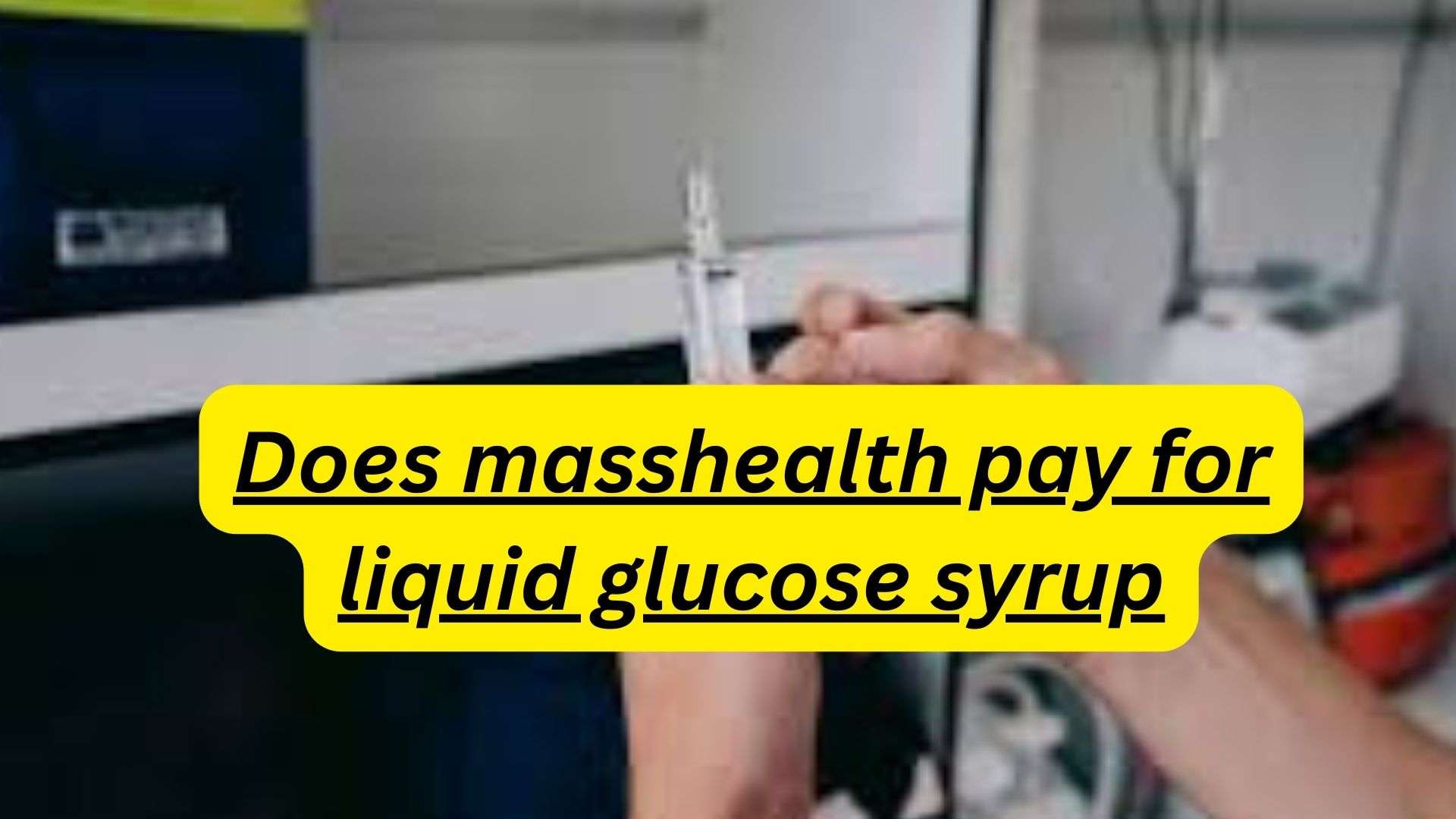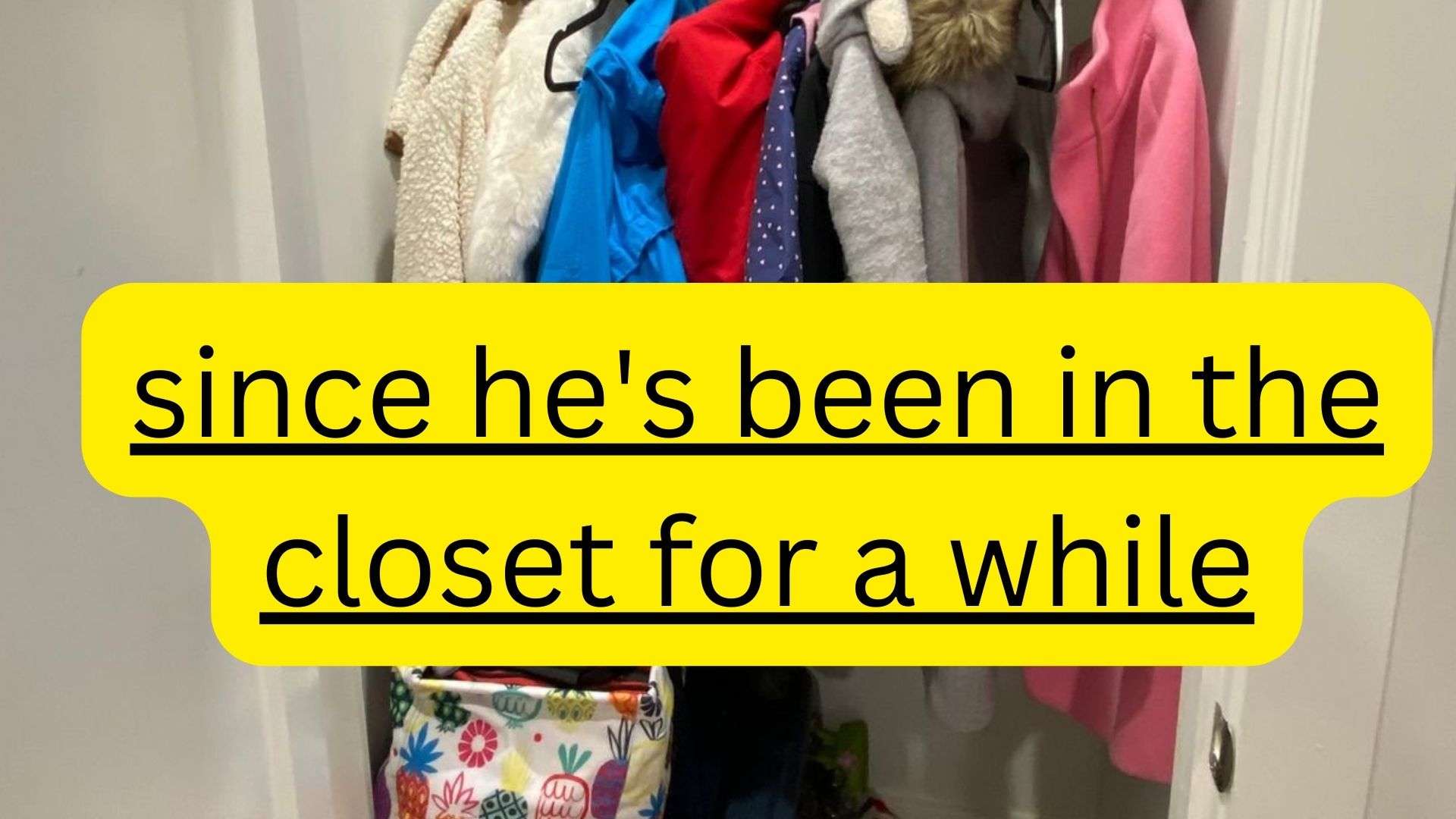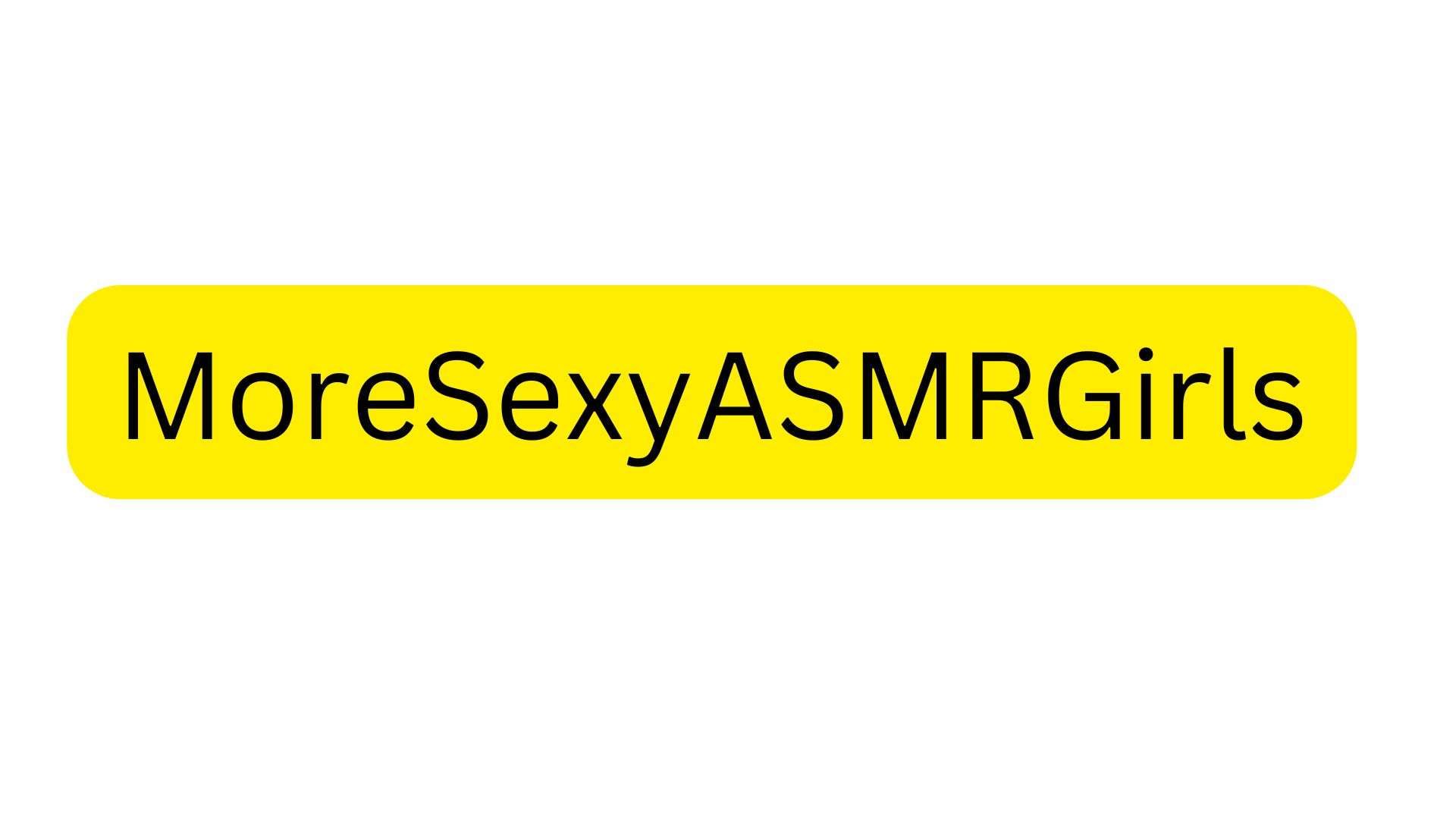MassHealth, Does mass health pay for liquid glucose syrup Massachusetts’ Medicaid program, provides a range of medical services to eligible residents, including insurance for critical medical supplies. With chronic conditions like diabetes or hypoglycemia becoming increasingly prevalent, there’s a growing need for rapid-response glucose supplements like liquid glucose syrup to help individuals maintain stable blood sugar levels.
For those managing these health conditions, the cost of necessary supplies can add up quickly, leading many to ask: Does MassHealth pay for liquid glucose syrup? This article delves into MassHealth’s policies regarding coverage for liquid glucose syrup, eligibility requirements, steps for applying for reimbursement, and what patients can do if MassHealth does not cover this specific supply. We’ll also address frequently asked questions on related glucose products, making this a comprehensive guide for MassHealth enrollees seeking financial support for glucose management.
What Is Liquid Glucose Syrup?
Liquid glucose syrup is a concentrated form of glucose used to quickly elevate blood sugar levels. It is often used by individuals with diabetes, hypoglycemia, and other conditions where rapid glucose absorption is required to manage blood sugar drops or prevent symptoms related to low glucose levels.
While glucose tablets are also popular for managing blood sugar, liquid glucose syrup has certain advantages. It is quickly absorbed into the bloodstream, offering an immediate energy boost. For patients with severe hypoglycemia who may struggle with swallowing or chewing tablets, liquid glucose syrup is a practical, effective option.
In addition to personal health needs, liquid glucose syrup may be prescribed by healthcare providers for emergency situations where rapid blood sugar control is crucial. This prescription potential often leads patients to seek coverage from their health insurance plans, including MassHealth, to reduce the financial burden.

MassHealth: Overview and Services
MassHealth is Massachusetts’ Medicaid and Children’s Health Insurance Program (CHIP) designed to provide low-income individuals and families with access to medical care. MassHealth offers several plan options, including Standard, CarePlus, CommonHealth, and Family Assistance, which cover various levels of health services and supplies.
MassHealth benefits can include inpatient and outpatient care, prescriptions, mental health services, and, in many cases, necessary medical supplies for chronic condition management. For enrollees with diabetes or hypoglycemia, MassHealth typically covers some essential supplies like testing strips, insulin, and in certain cases, glucagon (an emergency treatment for severe hypoglycemia).
Understanding MassHealth’s policies regarding glucose products is essential for patients who rely on them. However, the program has strict criteria for coverage, and not all medical products or supplements are covered.
Does mass health pay for liquid glucose syrup?
Determining whether MassHealth pays for liquid glucose syrup requires looking at their guidelines for “medically necessary” supplies. MassHealth has specific criteria for what constitutes medical necessity. According to MassHealth, products and services deemed medically necessary must meet one of the following requirements:
- They are essential for diagnosing or treating a medical condition.
- They are necessary to prevent the worsening of a medical condition.
- They are the most effective or appropriate type of care for the patient’s needs.
MassHealth may cover products like insulin, testing strips, and injectable glucagon for managing diabetes. However, coverage for liquid glucose syrup may vary based on individual circumstances and how it’s classified under MassHealth’s supply categories.
If prescribed by a healthcare provider for conditions such as severe hypoglycemia, there may be a case for MassHealth to cover liquid glucose syrup as a necessary supply. Patients should consult with their healthcare provider to ensure that all documentation aligns with MassHealth’s medical necessity criteria, as this could increase the likelihood of approval for coverage.
Eligibility Requirements for MassHealth Coverage
Eligibility for MassHealth coverage, including for glucose management supplies, depends on several factors, including income, age, disability status, and whether the individual has other insurance. Here is a brief breakdown of eligibility for MassHealth programs that might offer coverage for liquid glucose syrup:
- MassHealth Standard: This option covers children, pregnant women, parents or caretakers, and individuals with disabilities. Standard often provides comprehensive benefits and is likely to offer the broadest range of coverage for glucose management products.
- MassHealth CommonHealth: Designed for individuals with disabilities who do not qualify for Standard due to income but need specific medical supplies. Patients with chronic glucose-related issues may qualify under this plan.
- MassHealth CarePlus: Provides services to low-income adults aged 21–64 who do not qualify for Standard or CommonHealth. It may have more limited benefits for glucose products.
- MassHealth Family Assistance: This plan provides assistance for children and individuals who do not qualify for the Standard or CommonHealth programs.
Patients enrolled in any of these programs may need to confirm with MassHealth whether liquid glucose syrup qualifies as a covered supply. In cases where it doesn’t, exploring alternative avenues or secondary coverage options can be valuable.
Alternatives and Options if MassHealth Doesn’t Cover Liquid Glucose Syrup
If MassHealth does not cover liquid glucose syrup, there are several strategies patients can explore:
- Seek Financial Assistance Programs: Some manufacturers of glucose syrup or diabetes-related products offer assistance programs that provide reduced pricing or, in some cases, free supplies for eligible patients.
- Use Over-the-Counter Glucose Tablets or Gel: Over-the-counter glucose tablets or gel packets are affordable and can serve as an alternative to liquid glucose syrup, providing quick sugar boosts in emergency situations.
- Check with Secondary Insurance: For patients with both MassHealth and private insurance, it’s possible that secondary insurance may cover the cost. Patients should contact their secondary insurer to check if liquid glucose syrup qualifies.
- Consider Medical Necessity Documentation: In some cases, healthcare providers can provide documentation proving that liquid glucose syrup is medically essential. Patients should ensure this documentation meets MassHealth’s guidelines, as it could lead to reconsideration of coverage.
Exploring these options may help alleviate the financial strain if MassHealth does not cover the full cost of liquid glucose syrup.
How to Request Coverage or Reimbursement from MassHealth
For patients who want to apply for coverage or reimbursement from MassHealth for liquid glucose syrup, the following steps can improve their chances of approval:
- Consult with a Healthcare Provider: A doctor’s prescription and documented medical necessity are often required by MassHealth. Patients should discuss their condition with a provider and request documentation that explains why liquid glucose syrup is essential.
- Gather Documentation: In addition to the provider’s statement, keep records of glucose management needs, prior complications due to low blood sugar, and any other relevant medical history that supports the request.
- Submit a Prior Authorization Request: MassHealth often requires prior authorization for non-standard supplies. Patients or their healthcare provider should submit this request, along with all supporting documents, for review.
- Appeal if Denied: If MassHealth denies the request, patients can appeal the decision. The appeal process involves additional documentation and may require a hearing, but it can lead to approval if MassHealth sees adequate justification.
By following these steps, patients can increase the likelihood of securing MassHealth coverage or reimbursement for liquid glucose syrup, although success may depend on individual circumstances.
FAQ: Does MassHealth Cover Other Medical Glucose Products?
Q: Does MassHealth cover glucose tablets?
A: MassHealth may cover glucose tablets if they are prescribed and deemed medically necessary. Patients should consult with their provider and check with MassHealth for specifics.
Q: What about injectable glucagon?
A: MassHealth typically covers glucagon as it is a critical emergency treatment for severe hypoglycemia. It is essential for individuals with diabetes who are at risk of very low blood sugar episodes.
Q: Are testing supplies like glucose meters covered?
A: Yes, MassHealth generally covers glucose testing supplies such as test strips and glucose meters, particularly for patients with diabetes who need regular monitoring.
Q: Does MassHealth cover glucose gel packets?
A: Coverage for glucose gel packets may vary based on individual need and whether they are prescribed. Patients can verify this with their healthcare provider and MassHealth.
Conclusion
In summary, while MassHealth offers substantial support for many diabetes and glucose-management-related supplies, coverage for liquid glucose syrup specifically may vary depending on the case. For patients who rely on liquid glucose syrup to manage sudden drops in blood sugar, obtaining a prescription and submitting medical necessity documentation are critical steps in seeking coverage.
If MassHealth does not cover the product, other options such as financial assistance programs, alternative products, or secondary insurance may provide needed relief. For those navigating the complexities of MassHealth coverage, understanding the process and available options can help secure essential glucose management supplies and contribute to better overall health management.















Leave a Reply